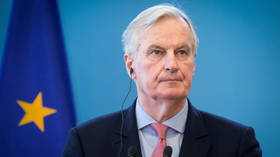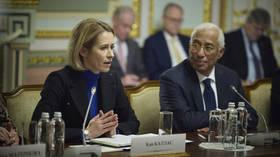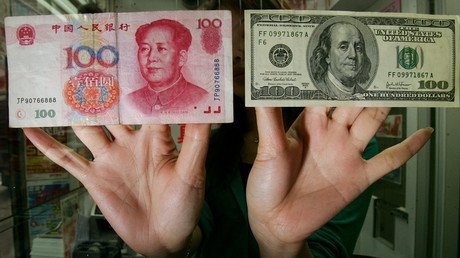Africa’s second-biggest oil exporter wants to diversify into gold

OPEC member Angola wants to expand its commodity mix into gold and hopes to start producing small quantities of the precious metal next year, its oil and mineral resources minister Diamantino Azevedo told Reuters on Tuesday.
The minister does not expect OPEC to impose deeper cuts to its member states this year, and told Reuters that Angola would not exceed the OPEC quota in its oil production.
Under the OPEC deal, Angola has to cut its production by 78,000 bpd from October 2016 levels to keep it at 1.673 million bpd or lower. OPEC’s secondary sources pegged Angola’s December production at 1.633 million bpd.
Commenting on Angola’s plans to expand beyond crude oil and diamonds, minister Azevedo told Reuters:
“We are just producing diamonds and stuff like marble and granite at the moment. We are expecting to start gold production soon, we expect to have two or three gold mines operating next year but at a small scale.”
Vast areas of Angola are unexplored, also because of the almost three-decade-long civil war between 1975 and 2002.
At the beginning of this year, Angola ditched its currency peg to the U.S. dollar and allowed a more flexible exchange rate regime with the currency trading within a band, to offset the decline in its foreign currency reserves.
The lower-for-longer oil prices have not only battered Angola’s oil revenues and foreign reserves, but they have also led to a standstill in upstream investment, because reserves and developments are in deepwater and ultra-deep waters, which require higher oil prices for breakevens. No new projects have been sanctioned since 2014 and exploration is at a standstill, according to Wood Mackenzie.
Big Oil and major oilfield service companies have started to reshuffle operations and renegotiate service contracts in Angola, due to the higher production costs, bureaucracy, and slow decision-making by state oil firm Sonangol, The Wall Street Journal reported in December 2017.
This article was originally published on Oilprice.com















